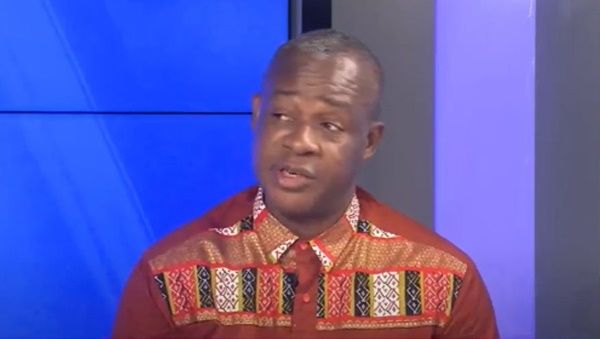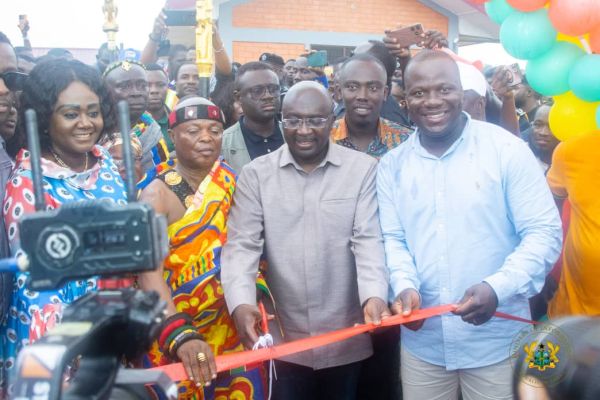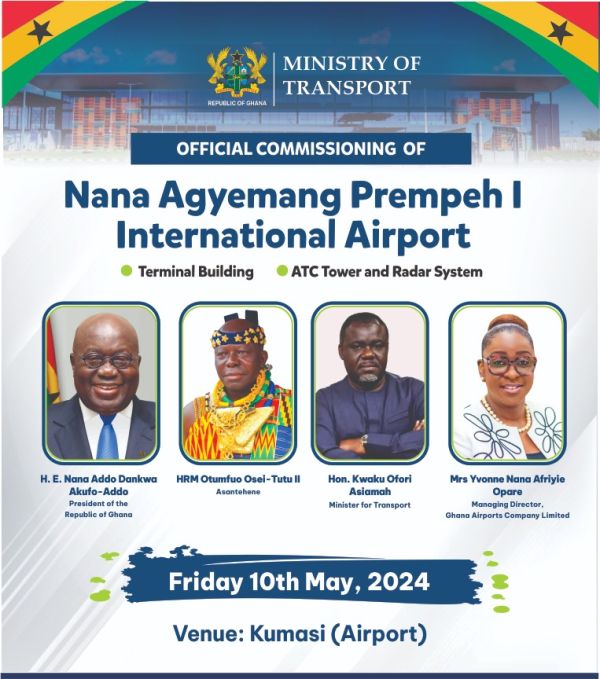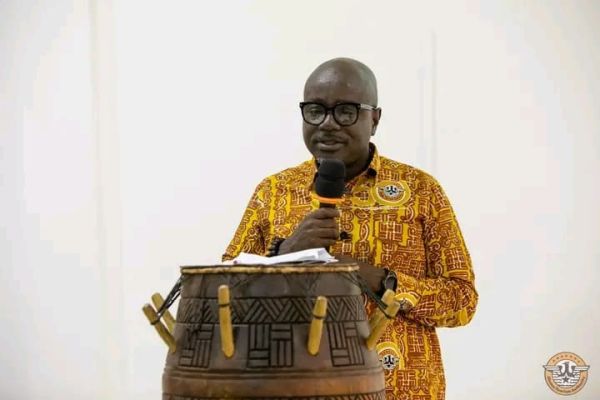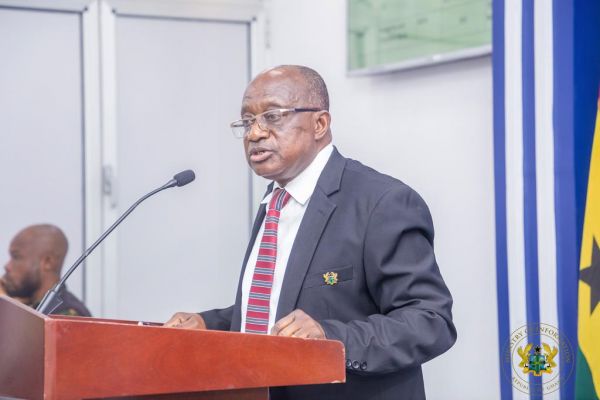
The Ghana Institution of Engineering (GhIE) has condemned the recent inappropriate intervention by the Ashanti Regional Minister, Simon Osei-Mensah, in the operational matters of the Electricity Company of Ghana (ECG).
That intervention, it said, had led to the wrongful arrest of Mark Asomani Wiafe, the General Manager of ECG's Ashanti East region, when he refused to reconnect electricity services to the Kumasi Technical University, because of its substantial unpaid bills.
A statement issued and signed by the institution said, “GhIE regards the actions of the Ashanti Regional Minister as an overreach of authority and an undermining of the operational protocols that govern public utilities”.
The statement said the attempt to bypass those protocols through political influence, not only disrupt the ethical conduct expected in public administration, but also sets a dangerous precedent that could affect the integrity of utility management and public service delivery across the nation.
“Furthermore, the GhIE is disappointed with the Kumasi Technical University’s failure to fulfill its financial obligations to ECG. The financial sustainability of utility services rely on the responsible payment practices of all users, including prominent academic institutions. Entities such as the Kumasi Technical University must lead by example in adhering to their fiscal responsibilities,” it stressed.
GhIE, according to the statement, applauded Mr Wiafe for his steadfast commitment to enforcing the rules and regulations set forth by ECG, stressing that his actions had reflected the ethical backbone needed in positions of leadership within the public services.
“Demonstrating adherence to principles of overpressures, GhIE supports Mark Asomani Wiafe and other officials who uphold the integrity of our national utilities in the face of undue influence,” the statement emphasised.
Discussion
In view of these, the statement said, “This incident should prompt a broader discussion about the boundaries of political intervention in operational matters of state-owned enterprises and reinforce the autonomy needed by public utility managers to operate within the framework of the law and established guidelines”.


